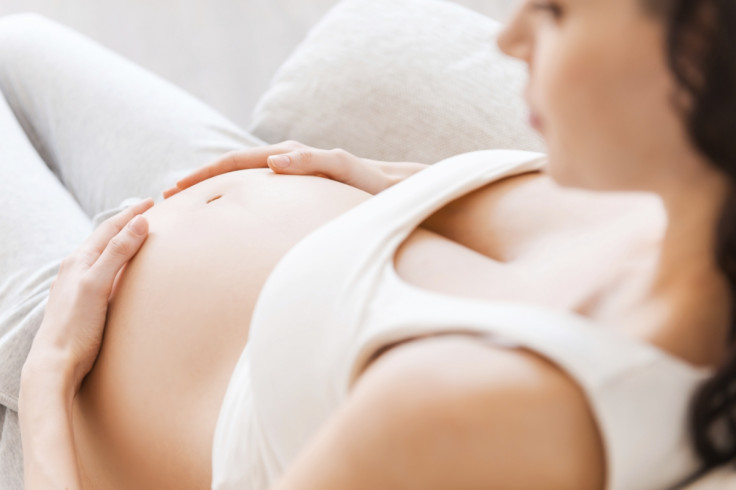Morning sickness associated with 50 to 75% reduced risk of losing the baby
Pregnant women with nausea in the first trimester are less likely to suffer a miscarriage.

While morning sickness is the nightmare of many expectant mothers, new research suggest the nausea may be a sign of a healthy pregnancy. It has been associated with a lower risk of miscarriages.
Roughly two thirds of women experience nausea or vomiting during the first three months of their pregnancy, symptoms that are commonly referred to as "morning sickness". The term is a little misleading as women can be affected at any time of the day. It is not known exactly what causes morning sickness but it is thought that hormonal changes in the first 12 weeks of pregnancy are often to blame. There is no evidence that being sick threatens the embryo's safety.
In fact, scientist have in the past suggested that morning sickness is a defence mechanism to protect the baby by causing pregnant women to expel and avoid eating foods that could contain toxic chemicals and disease-causing organisms. They can be found in some ingredients and beverages, such as ones found in coffee, alcohol and some strong-tasting vegetables.
The latest study, due to be published in JAMA Internal Medicine, provides the most consistent evidence to date that morning sickness has an incidence on pregnancy loss. It is clearly associated with a reduction in the risk of miscarriages.
Avoiding pregnancy loss
The researchers, led by Dr Stefanie Hinkle at the Eunice Kennedy Shriver National Institute of Child Health and Human Development, used data from a trial known as the "Effects of Aspirin in Gestation and Reproduction (EAGeR) trial" to conduct their study. This trial was set up to investigate whether women who had previously suffered from a miscarriage or two could benefit from taking daily low-dose aspirin.
In particular, they focused on all the participants who reported a positive pregnancy test at the time of the study. They were instructed to keep a daily diary to report any experiences of nausea or vomiting between week two and week eight of pregnancy. They also filled in a questionnaire every month from week 12 to week 36, discussing their different symptoms.
This approach is innovative and allows for more accurate data than previous studies on the topic, because past papers had relied on women's recollection of symptoms much later in pregnancy or after they had experienced a pregnancy loss – meaning the data was not collected in real time and was much less detailed.
The researchers observed here that a total of 797 women had positive pregnancy tests, with 188 pregnancies ending in loss. When it comes to morning sickness, 57.3% of the women reported experiencing nausea and 26.6% reported nausea with vomiting by the end of the second month of pregnancy. Analysing the data, the scientists discovered that these women were 50 to 75% less likely to experience a pregnancy loss, compared to those who had not experienced morning sickness.
"It's a common thought that nausea indicates a healthy pregnancy, but there wasn't a lot of high-quality evidence to support this belief," Hinkle said. "Our study evaluates symptoms from the earliest weeks of pregnancy, immediately after conception, and confirms that there is a protective association between nausea and vomiting and a lower risk of pregnancy loss."
More research will now be needed to understand why such an association is seen and what are the mechanisms behind morning sickness that really protect mothers against pregnancy loss.
© Copyright IBTimes 2025. All rights reserved.






















